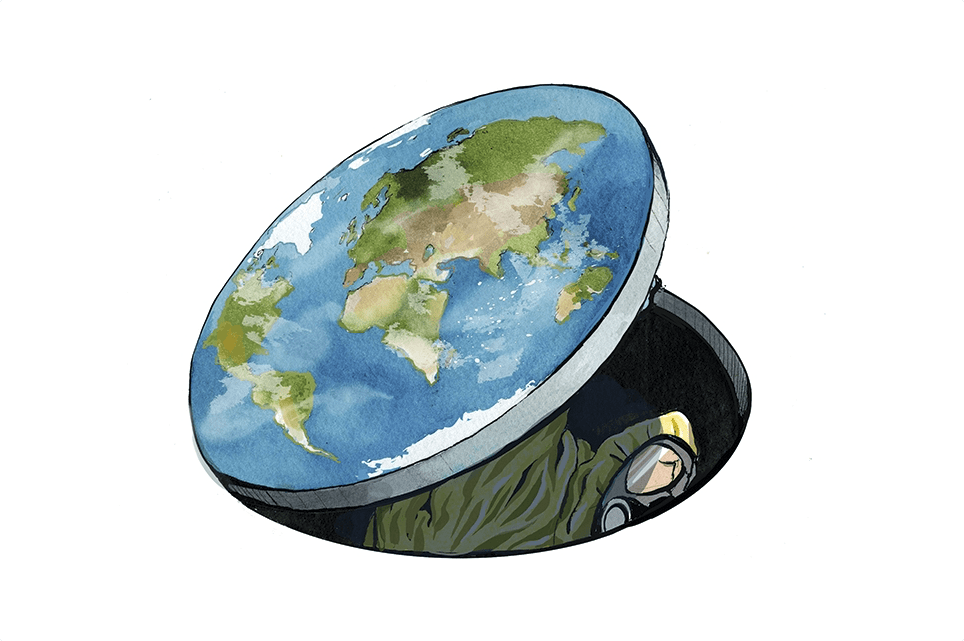At times, the Covid public inquiry has had the appearance of a show trial – one that starts with the premise that lockdown was essential to saving lives and should have been imposed earlier in the spring of 2020, and that is seeking to find the guilty parties who prevented this happening. As Carl Heneghan, Professor of Evidence-Based Medicine at the University of Oxford, writes in The Spectator this week, the inquiry is failing to provide much illumination on the question that matters rather more: did lockdowns actually work, and did they do more good than they did harm?
Another participant with an interesting perspective on the subject of lockdowns has been in front of the inquiry this week, although his most telling remark appeared not in his session before the inquiry but buried deep in his written evidence. He is Simon Stevens, now Lord Stevens of Birmingham, who served as Chief Executive of NHS England for most of the pandemic. The inquiry, he suggests, ought to assess not just the Covid and non-Covid impacts of lockdowns, ‘but also the separate question (drawing on UK and international evidence) of the extent to which they would be likely to succeed through voluntary public persuasion as against legal mandation.’
Throughout the pandemic and since, those who opposed lockdowns have frequently been accused of wanting to ‘let the virus rip’. There is an implication behind this: that people can only possibly be expected to observe social distancing and reduce human contact if they are forced to do so under threat of legal sanction – sanctions that made it a criminal offence to visit members of one’s own family, let alone meet up with friends. Yet it is plain, such as from data on transport movements, that the public was already reducing contact well before lockdown was imposed. By 23 March 2020, when lockdown was announced, the number of people travelling to a workplace had already fallen by 28 per cent on pre-pandemic levels, visits to shops had fallen by 33 per cent and public transport use had plummeted by 40 per cent.
Stevens’ very reasonable question, therefore, is: could virus transmission have been controlled by purely voluntary means, by giving people the facts, such as how the virus spreads (as much as that was known), dispensing advice on what people should and should not be doing – but then leaving it to individuals to exercise their own personal judgement? We will never know how that approach would have played out in terms of infections and deaths, but it certainly would have averted some of the most miserable and inhumane aspects of the pandemic: people being fined for meeting friends on a walk, elderly relatives being left to fend for themselves without human contact and relatives banned, even, from attending funerals.
What evidence can be gleaned from other countries, such as Sweden, which famously refused to impose a lockdown? The shame is that we are unlikely to find out from the inquiry because it is not even asking such questions. By avoiding them, the inquiry may well be condemning us to repeat the great lockdown experiment in a future pandemic, even if it does more harm than good.







Comments